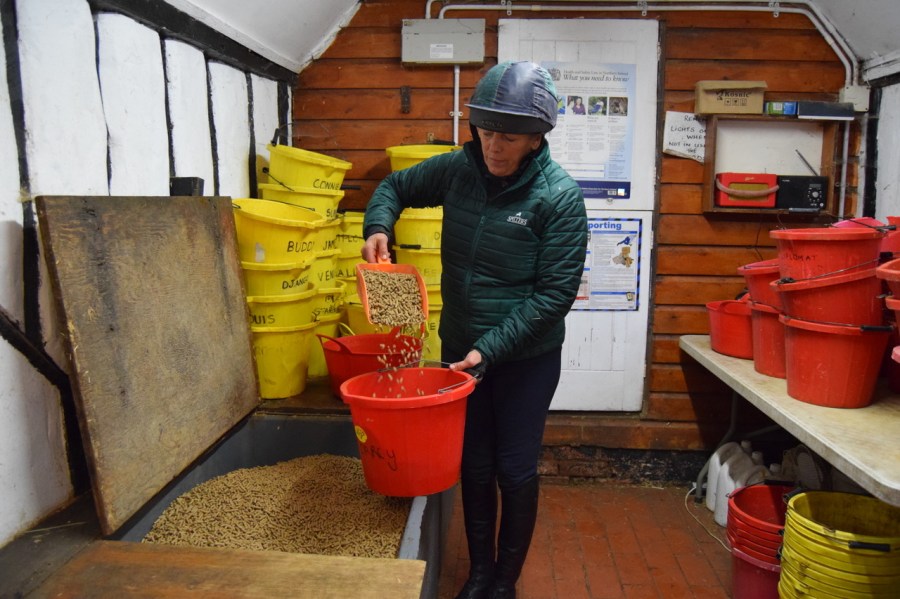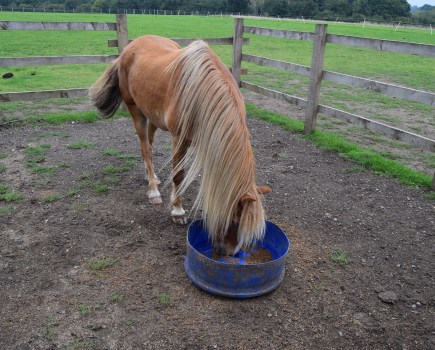Top tips for safely storing horse feed have been shared by SPILLERS, as the brand joins the British Equestrian Trade Association’s (BETA) Summer of Safety Campaign.
The SPILLERS Team, who also sponsor Your Horse’s Fit Not Fat initiative, will be sharing advice on best practice for feed storage, feed room and yard practices, vermin control and reducing the risk of NOPS (naturally occurring prohibited substances) contamination.
The team has put together ten feed storage tips for horse owners and carers:
- A feed store should be secure, dry, cool and clean at all times.
- Keep feed off the floor and away from walls and remove shrink wrap from pallets.
- Block up all holes in your feed room to stop vermin helping themselves.
- Feed bins should be soundly constructed, clean and dry with secure lids.
- Bin ends, old feed, and rubbish should be removed on a regular basis.
- All spillages should be cleaned up as soon as they occur.
- If you tip feed out of bags into bins, or for samples, do not dispose of the bags until the feed has been used in case you need to contact the supplier for any reason. For NOPS purposes, a sample of the feed and the label (or batch details) should be retained for two months after the feed has been used.
- Always check the product’s name and best before date whether taking in stock or purchasing feed.
- Always use feed that is in date and use up opened bags before starting another.
- Do not buy more feed than you can sensibly store.
The brand will also be sharing guidance across their social media platforms during August, including articles on feed hygiene, storage and NOPS.
“While horse and rider safety are naturally synonymous with numerous aspects of riding, the importance of feed safety must never be overlooked,” said Sarah Nelson, Product Manager at Mars Horsecare, home of the SPILLERS brand. “Maintaining a safe, secure and well organised feed room that is appropriately stocked is imperative for good horse health and management. We are delighted to be a part of BETA’s campaign to enhance understanding and share knowledge of best practice of all things feed safety.”
The BETA Summer of Safety campaign runs from June to September, with the aim of helping equestrians understand more about BETA members’ work to improve the safety of their products to keep both horse and rider safe.
Lead image with thanks to Katie Jerram-Hunnable









